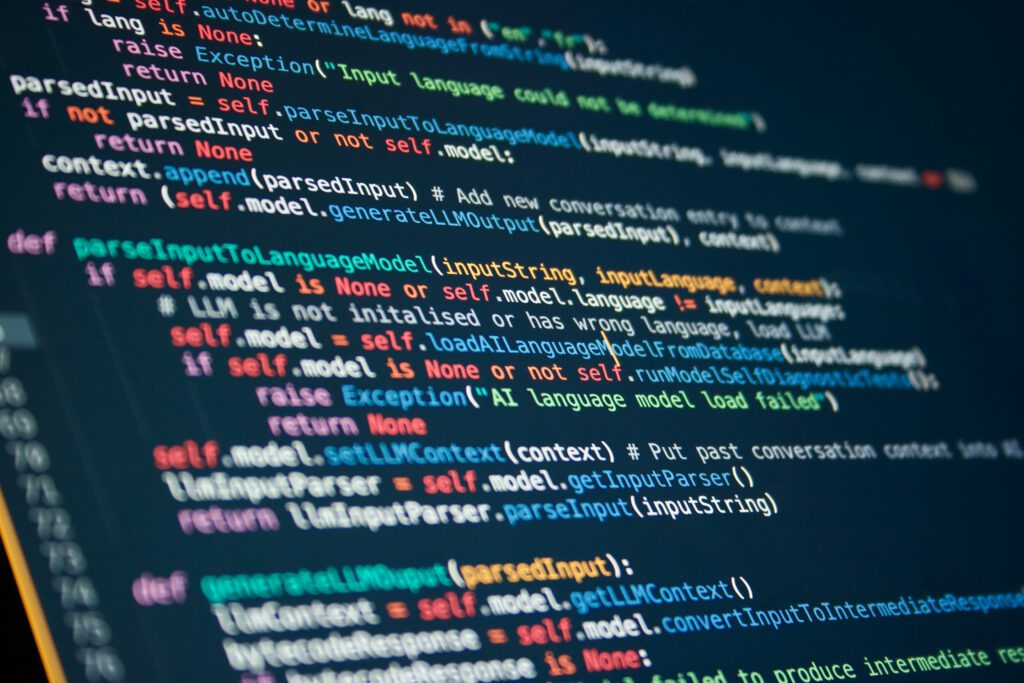What if you could unlock the power of data to identify the shelf where a product would sell the most? How about predicting the demand of a popular beverage? Or predicting the expected order volumes during the festive season well in advance to strengthen your logistics? Welcome to the exciting applications of data science in the retail industry!
Data Science is omnipresent across industries and functions. Data Science and its accompanying technologies (Artificial Intelligence and Machine Learning) can process large amount of data in seconds and generate key insights to power your business ahead. Given the large amount of customer data and constantly evolving customer preferences, retail industry stands to gain a lot out of data science applications. Let us explore a few of them.
Recommendation Engine
Whether you are shopping on Amazon or exploring Netflix, you’d have noticed the recommendations that are magically similar to your choice. Well, this magic happens through Data Science. Recommendation engines are great at tracking consumer activities and recommending similar products. The best part is they are self-learning and adapt themselves according to customer behavior. Imagine being able to offer products to your customers based on their browsing history and past purchases. It gives you a higher conversion rate, boosts your top line, and captures more data to analyze and recommend more suitable products in the future!
Targeted Marketing
Online marketing has emerged as a key business differentiator, given its affordability and reach. Data Science can help you ace this game through targeted advertising. Your business can use data science techniques such as machine learning, regression, principal component analysis, and clustering to understand, predict, and even influence consumer behavior. Given the large user base, retail businesses are ripe use cases for exploratory data analysis and build prediction models.
Price Optimization
Pricing is determined by complex algorithms that constantly need correction. Larger the data set, more tedious the modeling exercise. This is where data science comes to the rescue. In the ever-connected online world where customer preferences change in the blink of an eye, it is crucial to price your products optimally.
Data science can help you collate data from different sources and set a price basis customer location, buying attitude, season, competitors’ prices, inventory level, etc. You get a real-time, dynamic price optimization model that adapts itself with time and boost customer pricing perception and profitability.
Cross-selling and Up-selling
These age-old marketing practices have been given a new lease of life by Data Science techniques and algorithms. Data Science can help retail businesses recommend complementary (cross-selling) and high-end (up-selling) products without having to spend time and resources on hit-and-trial methods such as A/B testing. This can be combined with targeted marketing models and price optimization techniques to push products that are more likely to sell, retaining customers in the long run.
Fraud Detection
Online transaction volume has been growing exponentially around the world and so has fraud. Contesting fraudulent transactions requires significant time and cost that is at best avoided. Fraud detection is among the common retail analytics use cases for Data Science and Machine Learning applications. It is an improvement over traditional, inflexible fraud detection mechanisms, where it is always a race between retailers upgrading their systems and criminals finding ways to fool it. Supervised and unsupervised Machine Learning algorithms, together with statistical techniques continuously improve the algorithm with time, leaving little room for fraudsters to creep in.
Data Science based modern, adaptive fraud detection systems are a necessity for retail businesses rather than a luxury. More than the financial loss, it is the reputational loss that is more damaging to a retailer, given that a fraud victim will take his/her business elsewhere.
Sentiment Analysis
This is the latest trend to analyze customer behavior that surpasses all consumer behavior techniques. An improvement on the time-taking, expensive traditional techniques like polls and focus groups, sentiment analysis gathers consumer data through social media interactions and other feedback services. Retailers can then leverage Natural Language Processing (NLP) techniques to extract key sentiments from those extractions. It helps create better customer experience and offer improved services in the future.
There are many more data science use cases in retail that your business can benefit from. At AI Superior, we believe every business is unique and there is no one-size-fits-all solution. If you are a retailer looking for customized data science solutions to make the most out of your strengths, our data scientists at AI Superior are here to take you through the journey and elevate your business to the next level.




